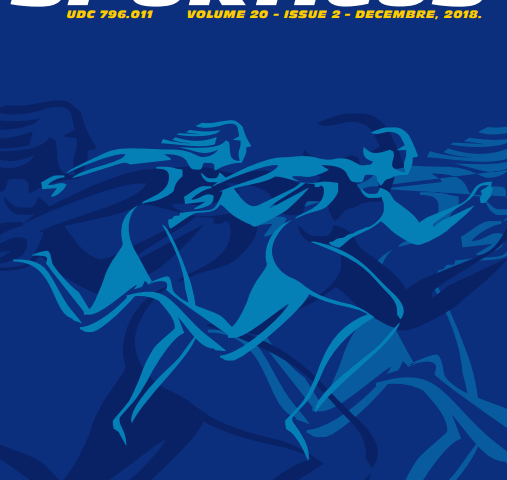Abstract
The Olympic Committee and sport organizations in Bosnia and Hercegovina function mainly as associations of citizens. Therefore, information about financial model and amount of financing of programs they deal with are rather heterogeneous without exact data. Adequate legal framework regulating sports is a starting basis for its efficient public financing system. The goal of this research is to determine to which extent the public financing from the budget of Bosnia and Hercegovina impacts achievement of excellent sport results, such as winning of the Olympic medal, in comparison to the EU countries and EU candidates. The research sample include Bosnia and Herzegovina and eight EU member states (Austria, Germany, Slovenia, Denmark, the Czech Republic, Hungary, Croatia and Sweden), as well as Serbia as the EU candidate country. The sample used involves: number of population, country budget, sport grant, GDP, grant for sport per resident, grant for sport compared to the budget, Olympic medal per resident, Olympic medal compared to the budget, Olympic medal compared to grant for sport, Olympic medal compared to GDP, all of those used as predictive indicators, including the number of medals awarded at Summer Olympic Games, at Winter Olympic Games and total number of medals won at the Olympic Games. This research includes period from 2008 to 2014. Regression analysis used here showed that the group of predictive indicators, which involves the amount of budget and amount of assigned financial means for sports, as well as the number of population, has significant impact on the number of the Olympic medals won. Based on the research results, it is recommended that Bosnia and Herzegovina harmonizes its legal regulations which could provide efficient and effective financing of sport, thus creating a positive effect on achieving excellent sport results.


